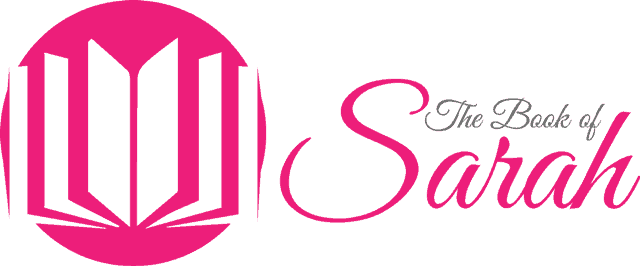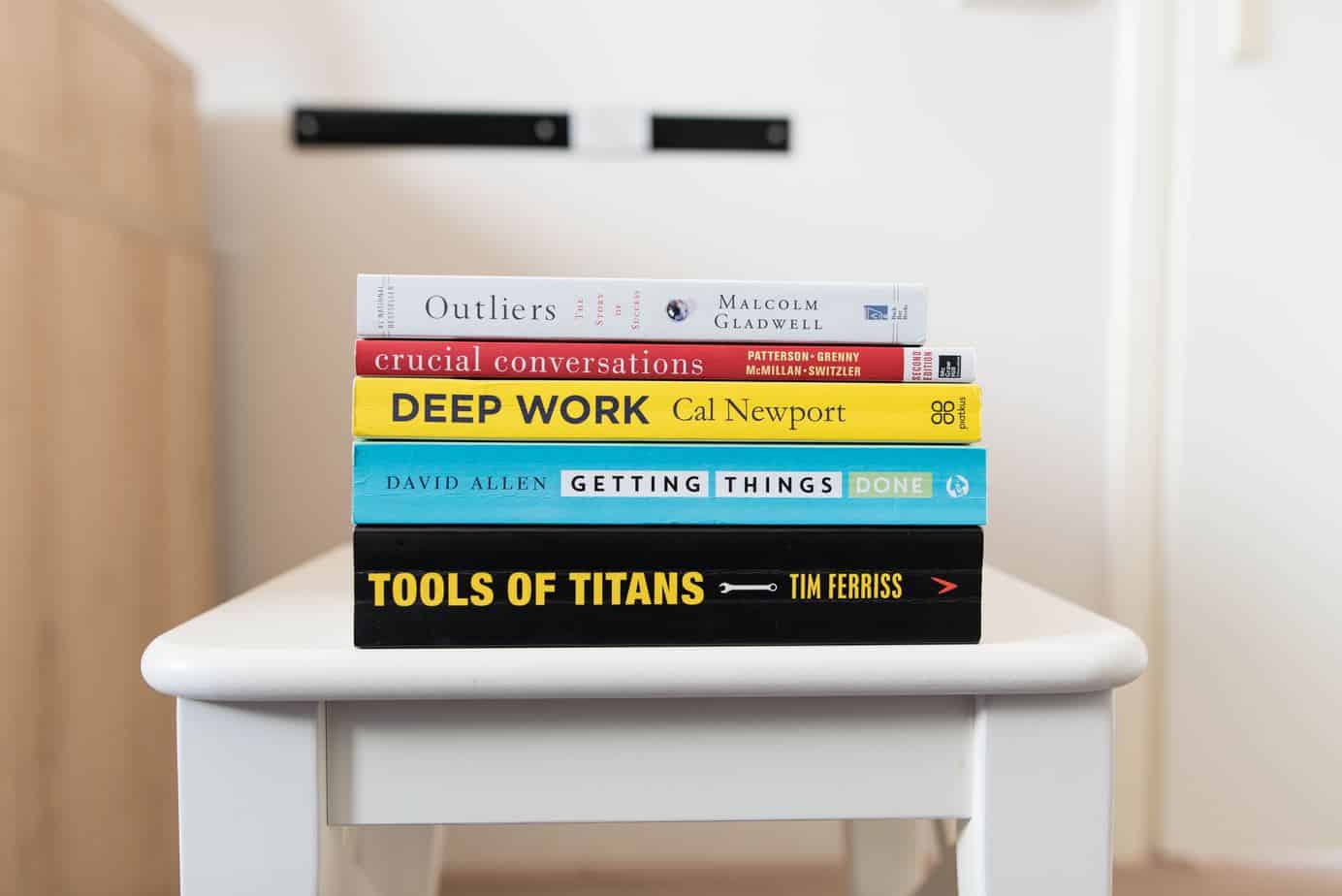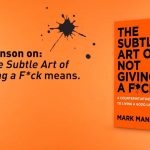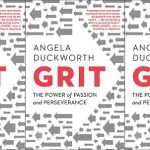Deep Work: Rules for focused success in a distracted world-Summary
Deep Work: Rules for focused success in a distracted world -Cal Newport
In this internet era, it’s difficult to stay focused. We are constantly distracted by emails, social media, notifications, and phone calls among other things. In Deep Work, Cal Newport explores how we can get some deep work –important work- done. This is one book that you need to boost your productivity.
Checking emails, answering phone calls, drafting presentations, meetings and such related tasks make up shallow work. Shallow work is important for businesses to run, and it is part of your job description, and yes, it needs to be done. But it is not the shallow work that propels you forward career-wise. It’s not this kind of work that will make great impacts on your career. It’s the deep work that you need to make a difference in your life.
Newport defines shallow work as ‘non-cognitively demanding, logical style tasks, often performed when distracted. These efforts tend not to create much new value in the world and are easy to replicate’
He further defines deep work as ‘professional activities performed in a state of distraction-free concentration that push your cognitive capabilities to their limit. These efforts create new value, improve your skill and are hard to replicate’
What exactly is deep work?
Deep work is valuable
According to Newport, the two core abilities you need to thrive in the new economy are;
- The ability to quickly master new things
- The ability to produce at an elite level
These abilities depend on your ability to perform deep work. It is through deep work that you learn hard things, and do so quickly than ordinary people. It is also through deep work that you produce work at an elite level.
For example, if you need to learn a hard skill such as programming, you can only do this through deep work. This is whereby you concentrate intensely for some hours each day, without distraction, and maintain this pattern to develop this skill.
Further, if you need to produce at an elite level, such as public a study or write a book, you need deep work. This involves spending large amounts of time in intense focus. Newport gives an example of Adam Grant whose book Originals, I have summarized before. Grant, a psychology professor, stacks his teaching year during winter and fall and then turns his full attention to research in spring and summer. It’s in these periods he does his deep work, with no distractions, and gets to research for his books and publications.
Deep work is rare
We tend to associate being busy with being productive. We are so busy with meetings, emails, and working long hours and if you check clearly, no deep work gets done in such an environment. In open offices for example, which are common to most modern businesses, not much deep work gets done.
It’s important for us in the modern work environment to stay connected but this hurts deep work because the more connected you are, the more distracted you are. Deep work may be bad for business, or so it seems since it keeps you from being timely in answering your emails and connecting with others. However, it’s good for you especially if you have important work than you need to get done.
In the ordinary work environment, therefore, we hardly ever get any deep work done. Since it is rare, it means that we can spend years of our lives focusing on shallow work and having not done any deep work that can give us the impact we need in our careers such as learning new skills and creating new material.
Read the difference between urgent and important work
Deep work is meaningful
If you are familiar with Mihaly Csikszentmihalyi’s work you are familiar with the term ‘flow’. Flow happens when ‘a person’s body or mind is stretched to its limits in a voluntary effort to accomplish something difficult and worthwhile’.
Have you ever found yourself so focused on what you are doing (writing for example) and you did so much done with minimal effort simply because you were in a moment of flow? Everything was just going on so well for a moment there that you almost forgot you were writing and did it so well. That is a state of flow.
Deep work is used to generate flow as with minimal distractions, you stretch your mind beyond limit, concentration and you lose yourself in the activity. A combination of a series of deep work will lead you to experience flow many times and this is how you get the meaningful work done.
How can you achieve deep work?
The aim of this book is to help us get the rarest, important and meaningful work done. It is to help us write that book, conduct that research, learn that new skill and propel ourselves a step forward towards what we want to do.
According to Newport therefore, the rules of deep work are;
Work deeply
Decide on your depth philosophy and schedule your deep work. Create time blocks in your day where you will focus on deep work. These periods should have no distractions, meaning you should switch off your phone, the internet if you have to, and whatever else you need to do to avoid distractions. Set this time block to be about 4 hours each day and develop a ritual out of it. Don’t wait for inspiration but set a period to sit and get your most important work on a regular schedule.
“Great creative minds think like artists but work like accountants”- David Brooks.
Set up where you’ll work and for how long, how you will work once you get started and how you will support your work. Newport gives an example whereby J.K. Rowling was struggling to complete The Deathly Hallows book in the Garry porter series. To get the most important work done, she checked herself into a hotel in Edinburg and focused on the book until it was done. Sometimes you need to make some grand gestures to get some work done.
Embrace boredom
Today, our minds are constantly full of activities. If we are not being productive, we are constantly involved in distractions such as TV, the internet and the like. Cal Newport suggests embracing boredom. Let your mind be still, not working, and not distracted by the internet and other sources of distractions.
Embracing boredom programs your mind to resist distraction so you don’t find yourself reaching for your phone every time you have a moment to spare. Instead, embrace boredom and have moments of doing nothing. For example, when you take a walk without listening to music or a podcast, you will find your mind using these periods productively.
Newport calls this productive meditation whereby you use your idle time to solve problems that are important to your work. For example, you can structure an argument in a book you are writing, prepare a speech in your mind, derive findings from research and such.
Quit social media
The largest form of distraction we have today is as a result of social media. It is, therefore, no doubt that quitting social media will do wonders for your productivity. Sometimes you may be required to use social media for work as I do.
You don’t have to quit social media completely but you can productively schedule your social media time and vow not to log into social media outside these blocks. Newport mentions that Malcolm Gladwell, one of my favorite thinkers, doesn’t use Twitter. Research and publishing is more important to him that connecting on social media.
Drain the shallows
Sometimes you may find yourself working 12 hours a day and at the end of the day, you have nothing to show for it. The same work you spent all these hours on could have easily been done in 4 hours. This is simply because you did so much of shallow work and little or no deep work.
Draining the shallows involves eliminating the time-wasting activities you take on each day. You probably check more social media in a day than you think you do. You watch more TV than you think you do.
Newport advises that by scheduling every minute of our day, we eliminate time wastage by being unsure of what you are supposed to do next. He further offers that you should become hard to reach if you want to get some work done.
Similar advice is offered by Tim Ferris in The 4 Hour Workweek whereby he suggests you schedule blocks of time on your day where you check your email and your phone. Other than that, use your time engaged in meaningful and effective work.
It’s time to get in some deep work
If you want to improve your productivity, I recommend this Deep work; rules for focused success in a distracted world. If you know you need some deep work to finish a project, a book, learn a new skill such as playing an instrument, you need to learn more about deep work and this book is just what you need.
I have started incorporating some deep work in my day and so far I am happy with the results. We are living in a distracted work and if you don’t take matters in your own hands, you may never get important work, meaningful work and could be the turning point of your career done. You may never publish that book, or learn that new skill unless you embrace some deep work.
Buy Deep Work; Rules for focused success in a distracted world on Amazon






Comments